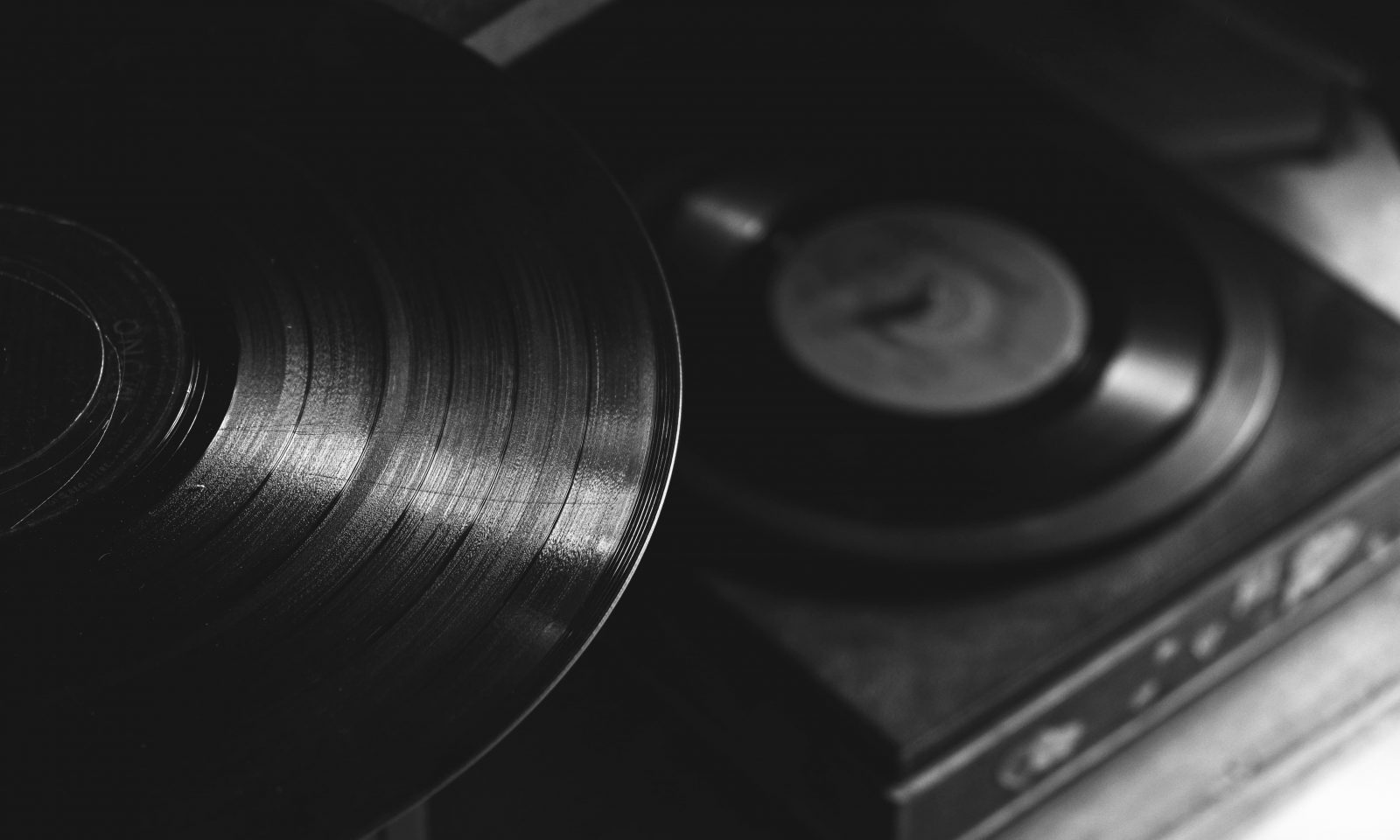Two seconds – the difference between violation of phonogram producers’ rights and freedom of expression ?
The Court of Justice of the European Union (CJEU) has, in its judgment of 29 July 2019 in the Case C‑476/17 (Pelham v. Hütter and Schneider-Esleben), made a significant step forward in interpreting the role of fundamental human rights in the EU copyright law.
The dispute at hand took place in Germany, where Hütter’s music band Kraftwerk sued Pelham for using a two-second sample of the song on the phonogram in electronic form, published by the Kraftwerk Group. In doing so, Pelham supposedly infringed a copyright-related right to reproduce and distribute phonograms, conferred to Kraftwerk as a phonogram producer in accordance with the so-called InfoSoc Directive (Directive 2001/29/EC of the European Parliament and of the Council of 22 May 2001 on the harmonisation of certain aspects of copyright and related rights in the information society).
The German Federal Court addressed six questions to the CJEU. The first and the sixth question were dealt with together and the German Federal Court was essentially asking whether Article 2(c) of InfoSoc Directive should be interpreted in such a way that the phonogram producer may prevent another person from taking a sound sample, albeit a very short one, of his or her phonogram for the purposes of including that sample in another phonogram.
CJEU, unlike the AG Szpunar (see his opinion), tackled matters through the prism of the impact of the Charter of Fundamental Rights of the European Union on copyright. In doing so, the CJEU weighed between the right to protect intellectual property of phonogram producers (Article 17 of the Charter) and freedom of the arts and freedom of expression (Article 13 and Article 11 of the Charter).
The CJEU decided that Article 2(c) of the Infosoc Directive should be interpreted as meaning that phonogram producers may prevent third parties from using a sound sample, even if a very short one, of their phonogram in order to include that sample in another phonogram, unless the sample is included in a modified form, unrecognisable to the ear. The difference between the inclusion of a music sample in a phonogram being considered a violation of the phonogram producer’s rights or being considered an exercise of freedom of expression is therefore not two seconds (the duration of the music sample) but the modification and unrecognizability of the music sample used.
The Grand Board of the European Union Intellectual Property Office (EUIPO) finally ruled that the figurative sign ‘COVIDIOT’ cannot be registered as an EU trademark.
The 4th Open Knowledge Day took place on Tuesday 17 October 2023, with an accompanying workshop on 18 October 2023. This year it was organised by the Open Data and Intellectual Property Institute (ODIPI) and supported by Knowledge Rights 21 (KR21).
We invite you to the fourth Open Knowledge Day and the workshop, which will take place this year within the framework of the programme and with the support of Knowledge Rights 21. The event will bring together experts from different European countries to discuss two topics: the first part will deal with the legal basis for data analytics, which is a key part of machine learning and related artificial intelligence, and the general exception for research. In the second part, open science in theory and practice will be presented both in Slovenia and in some Western Balkan countries. Representatives of research and educational institutions from Slovenia and the Western Balkan countries, as well as interested members of the public, are invited to attend.
Dr. Maja Bogataj Jančič, a renowned expert in copyright law, has joined the Berkman Klein Center for Internet & Society at Harvard University, where she will serve as an affiliate researcher for the next two years.





